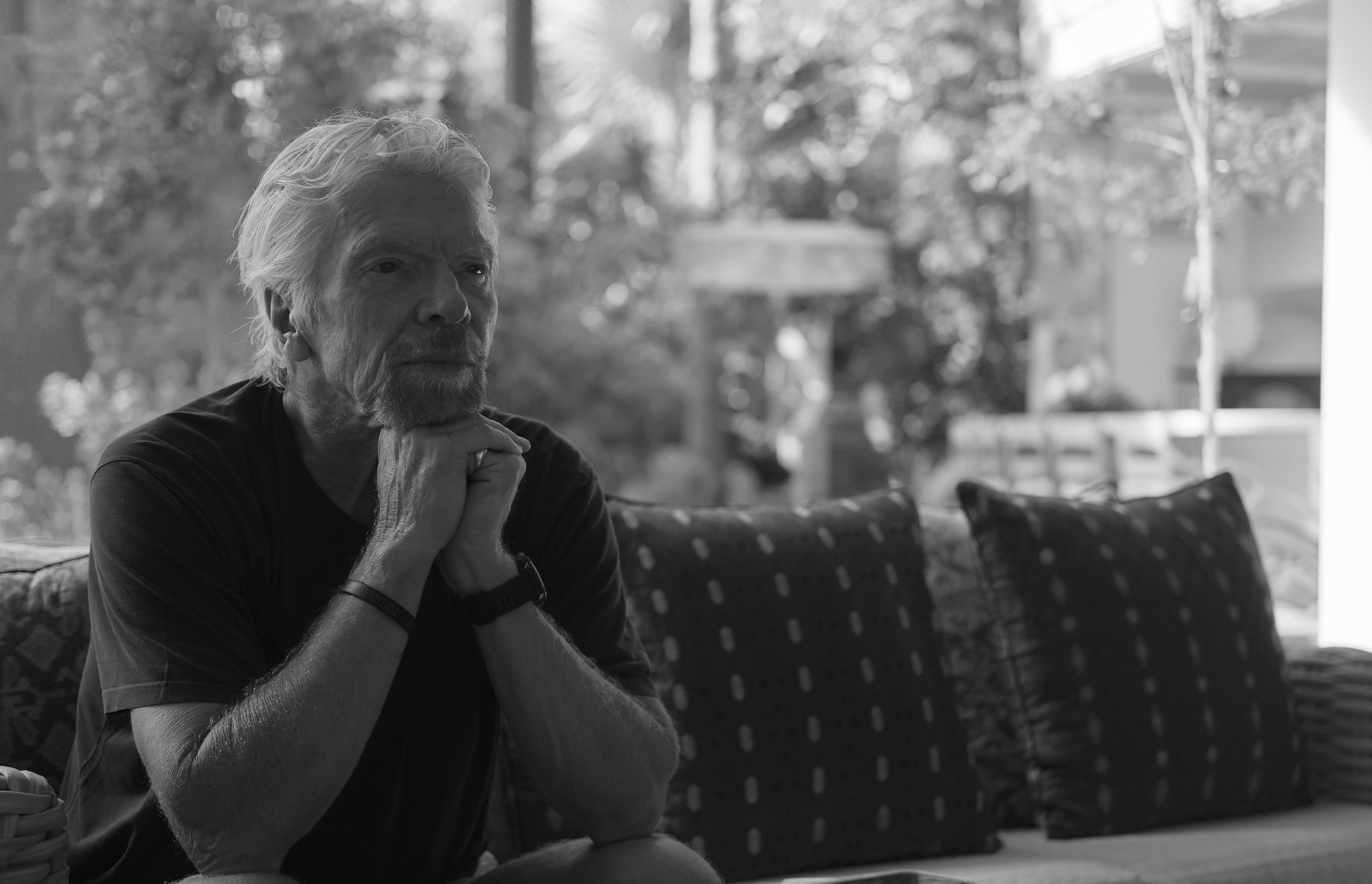Visiting Ukraine
Following an invitation from Ukrainian President Volodymyr Zelensky, I travelled to Kyiv today to meet with the President, Foreign Minister Dmytro Kuleba and a group of Ukrainian business leaders. I also visited some of the sites of Russian attacks during the now more than 130 days since Putin’s appalling invasion began.
My main purpose in going to Kyiv was to meet and listen to Ukrainians, to understand their fears and concerns and also to learn what business, in partnership with civil society and governments, can do to support Ukraine most effectively.
I travelled from Poland, where I met with NGOs and business leaders, to Kyiv. I was again joined by my dear friend, Shannon Sedgwick Davis, an advisor to The Elders, who has devoted her career to stopping mass atrocities around the world.
Entering a country at war is a humbling and emotional experience. I remembered Kyiv very well from previous visits in 2014 and 2015. It’s a beautiful capital, with a stunning historic cityscape built along the banks of the majestic Dnieper. But the scars of war are inescapable throughout this sprawling city, most notably in the burned-out shells of residential buildings hit by indiscriminate Russian airstrikes and missile attacks.
The brave people of Kyiv are doing much to maintain some form of normal routine in their day-to-day lives, despite the horrors they’ve had to endure over the last four months. I went into a coffee shop and spoke to people we met on the streets trying to get on with their daily lives – a stark contrast to the early weeks of the war, and the horrific conditions in Eastern Ukraine.
While millions have fled Ukraine to seek peace and shelter in neighbouring countries, many of those who remain, young and old, are out and about until curfew arrives and the streets are deserted. I have nothing but admiration for Ukrainians’ resilience and spirit, knowing that many of them have lost loved ones, friends, and neighbours to this unprovoked Russian aggression. We mourn those who have been killed, but the emotional toll on the living must be immense.
My first site visit took me to a residential area hit by a Russian missile strike just a few days ago. Looking at the ruins of a burned-out kindergarten, far away from any kind of target of strategic relevance, it is clear these kinds of attacks are not unintended and arbitrary. They are part of a deliberate strategy to spread fear and terror among Ukraine’s civilian population. I hope the Russian perpetrators of these shocking acts will be held to account.
A little later, I visited Hostomel Airport, just a short drive north of Kyiv’s centre. The scene of intense fighting in the early days of the invasion, this airfield was home to the famed Antonov AN-225, the world’s largest transport plane and the pride of Ukrainian aviation. Affectionately nicknamed Mriya (Dream), this magnificent six-engine aircraft was destroyed in the battle for control of the airport, and all that remains is a burned-out wreck. But there were people hard at work trying to salvage it – they have already decided to rebuild. I hope that Mriya’s legacy will endure, and that the international community will find ways to help Ukraine rebuild not only this airfield, but bring Ukraine’s aerospace industry back to life.
When it comes to supporting Ukraine, every effort matters. Whether its businesses and foundations, including our own Virgin Unite, working with Howard G. Buffett, supporting local humanitarian organisations, or whether it’s the political resolve across the world to impose sanctions on Putin and his cronies and provide urgently-needed weaponry and training.
I had lunch with Foreign Minister Kuleba, and then met a group of Ukrainian business leaders for a talk in the subway. It is difficult to imagine what they are up against, and I am in awe of their drive and dedication to make what seems impossible possible: keep Ukraine’s economy running and their country open for business in the midst of the greatest threat the nation has ever faced.
I was given the opportunity to say a few words, and wanted to convey what I think many of us in the West feel: every day, Ukrainians are fighting and dying for the entire free world. The least the rest of the world can do is to give our unwavering and unconditional support until the last Russian soldier leaves Ukrainian territory. Anything else would be defeat – not just defeat to Ukraine’s right to freely chose its own destiny, but also to the rule of law and the sovereignty of nations.
President Zelensky and I met later for a personal meeting with Foreign Minister Kuleba and some of the cabinet. The contrast to our first conversation, just two days prior to the invasion, couldn’t be any greater. In the eyes of the world and his own people, the President has emerged as a rare wartime leader who projects both unbreakable spirit and indefatigable determination to see this war through and repel the aggression.
Leaving Ukraine, it will take some time to process the flurry of impressions and insights. But it is clear to me what is needed in Ukraine – I'll follow up in the next few days and share more. I remain hopeful that Ukraine and its wonderful people will prevail and win this war, taking control of their territory, their sovereignty and their future path. But more than ever, all of us have to stand together and confront the threat Ukraine and the world face.












